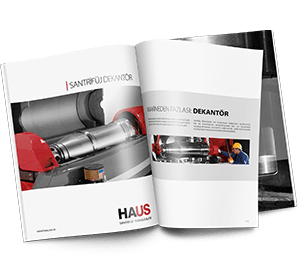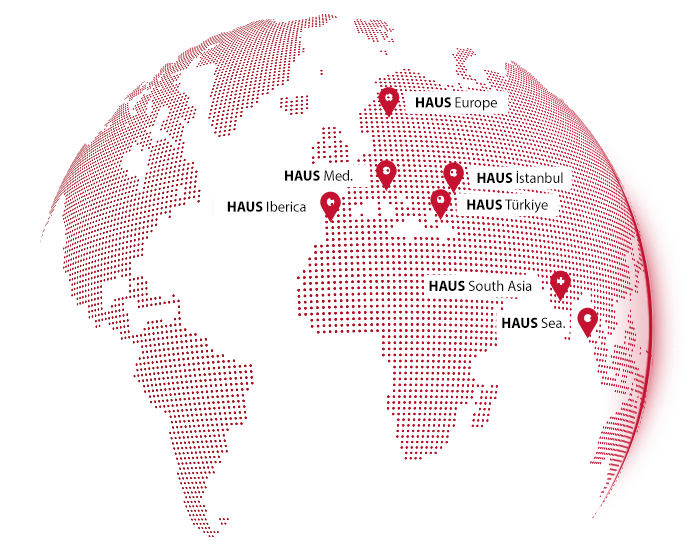Archaeological remains show that the history of olive dates back 6000 years. It is known that olive has been cultivated in Anatolia for thousands of years. Olive, which has been grown in the Mediterranean region for years, has been an economic source of income for many countries. In the countries around the Mediterranean, olive has been accepted as a symbol of friendship and peace for years and has been a source of prosperity for humanity. The olive tree has been considered as the “immortal tree”, characterized by its fruits of various tastes and colors, the oil obtained from its fruits, its legends and its longevity.
The first method of extracting oil from olives is to crush the olives standing up and extract the oil with the help of hot water. Later, the Romans discovered a method based on breaking the olive between two stones. In the early days, people turned stones, but later animal power was used for this work. In the 19th century, a new era began in the olive oil industry with technological developments; Continuous systems, which allow olives to be processed at higher pressures, have started to be used gradually.
Receiving olives at the facility: The olives are collected in the bunker. It is then transported by means of conveyor bands.
Cleaning: The olives transported on the belts come to the Aspirators, where they are purified from the branches and leaves in the olives. Olives, which are cleaned from branches and leaves, pass into the vibratory washing chamber to purify them from sand and dirt.
Crushing: The washed olives are completely crushed in the crusher by means of hammer type metal crushers. The crushing process is important both physically and chemically. Because the separation of olive oil from the olive tissue begins with the breaking and crushing of the olives.
Kneading: One of the most important parameters determining oil quality and yield is mixing time and temperature. The malaxer breaks the emulsion in the dough, allowing the oil pores to be collected and become a large phase. Kneading time and temperature may vary according to different olive types.
Extraction of Oil (Decantation): The equipment that extracts the phases in the olive paste according to their density by physically applying centrifugal force is called decanter. Decanters are considered as the main equipment that determines the capacity of the enterprise. It is a system that enters the olive paste and extracts oil at the same time by making phase separation with centrifugal force.
Cleaning of Oil: The olive oil extracted in the decanter is sent to the extractors (vertical centrifuge) to be cleaned from the particles and residue in it. If the residues in the olive oil are not cleaned, it causes quality loss over time.







